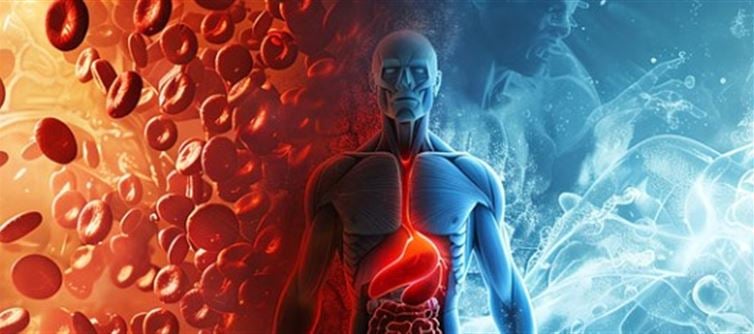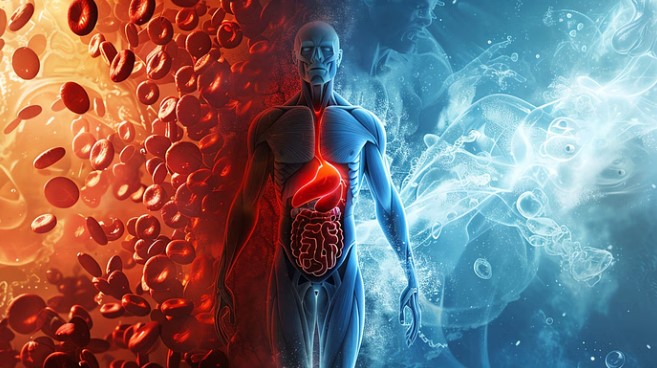
Cholesterol: Not Just in Blood, But Also in the Brain – What You Need to Know
Cholesterol is commonly associated with blood tests and heart disease risk, but it is also present in the brain.
High cholesterol is a major cause of heart disease, traditionally seen as an age-related issue but now increasingly affecting younger people due to lifestyle changes.
Cholesterol is essential fat that helps produce hormones, maintain cell structure, and provide energy.
Unhealthy habits like poor diet, fast food, lack of exercise, stress, obesity, and inadequate sleep contribute to high cholesterol levels.
Research shows rising cholesterol issues even in people aged 25-35, increasing risks of heart attack and stroke.

Cholesterol in the Brain:
About 20-25% of the body’s cholesterol is found in the brain, playing a crucial role in memory, thinking, understanding, and learning.
Brain cholesterol forms part of neuron membranes that aid signal transmission throughout the body.
It also forms the myelin sheath, which protects nerve fibers.
Brain cholesterol is produced and used differently than blood cholesterol.
A deficiency in brain cholesterol can lead to mental fatigue, memory loss, and depression.
Proper brain cholesterol balance is vital, though its excess or deficiency can be harmful.
Differences Between Brain and Blood Cholesterol:
Brain cholesterol is mainly synthesized within the brain, with minimal intake from blood.
Blood cholesterol is produced by the liver and comes from dietary sources.
Brain cholesterol supports neurons, myelin sheath formation, and mental functions.
Blood cholesterol is crucial for hormone production, cell repair, and energy.
Imbalance in brain cholesterol affects mental health; high blood cholesterol increases heart disease risk.
Tips to Control Blood Cholesterol:
Include fiber-rich foods such as oats, fruits, vegetables, and nuts.
Avoid trans fats and processed foods.
Exercise for at least 30 minutes daily; practice yoga, meditation, and get enough sleep to reduce stress.
Avoid smoking and alcohol, which raise cholesterol.
Regular health checkups and timely treatment reduce risks of heart attack and stroke.
Note:
This article is based on expert advice and verified information but does not replace medical consultation. Always consult your doctor for personalized health guidance.




 click and follow Indiaherald WhatsApp channel
click and follow Indiaherald WhatsApp channel